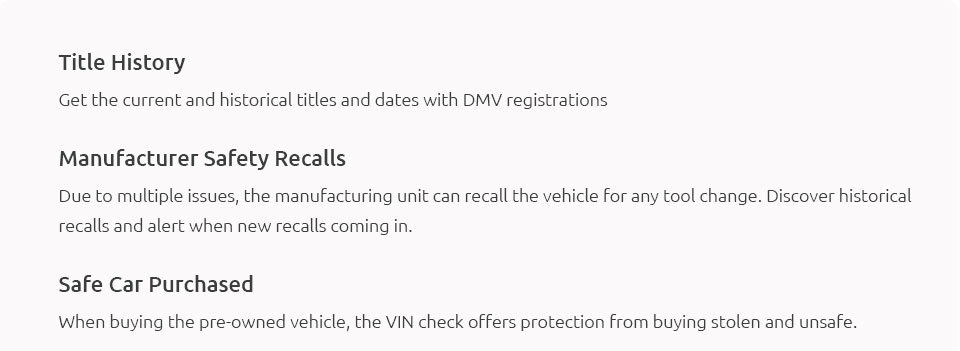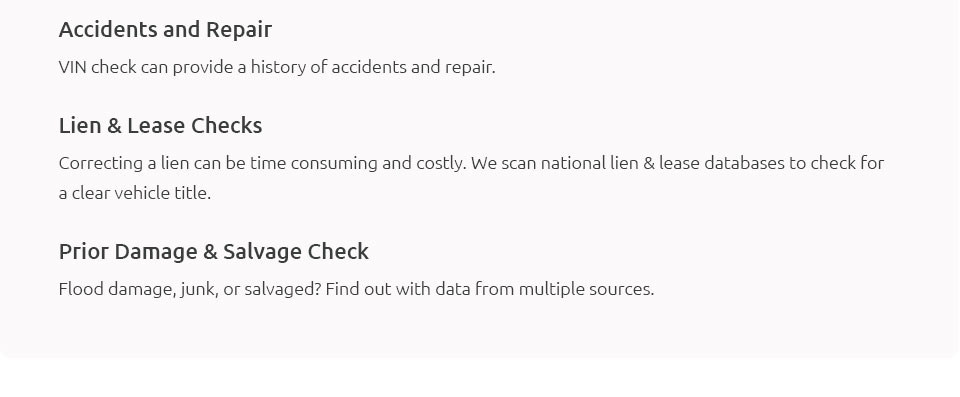 |
 |
 |
 |
 |
||
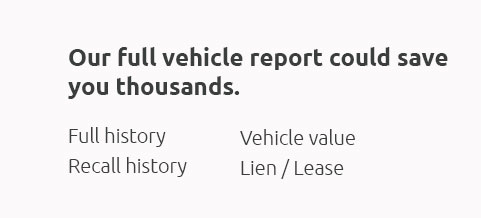 |
 |
|
 |
 |
|
 |
 |
 |
 |
||
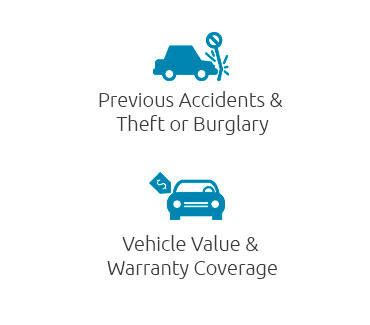 |
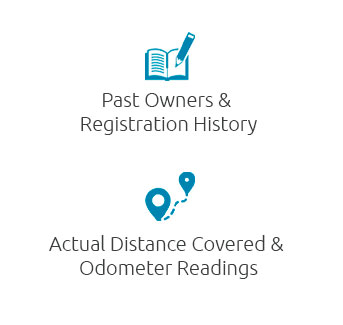 |
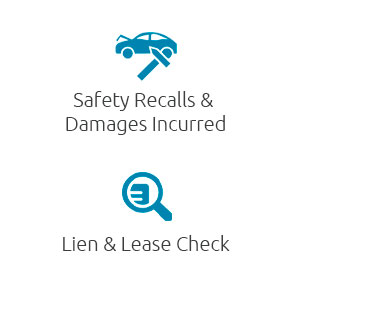 |
 |
 |
 |
||||
|
||||
 |
 |
Understanding Reverse License Plate Number SearchIn today's digitally-driven world, the concept of reverse license plate number search has garnered significant attention and sparked debates on privacy, security, and accessibility. As we delve deeper into this intriguing subject, it's crucial to understand what it entails and why it has become such a focal point of discussion. A reverse license plate number search allows individuals to input a vehicle's license plate number into a specialized database and retrieve information about the vehicle and, in some cases, its owner. This practice, while seemingly innocuous, has a myriad of implications that extend beyond its basic functionality. First and foremost, the question of privacy looms large. While some argue that access to vehicle information can be crucial for legitimate reasons such as verifying ownership, others express concern about potential misuse. The balance between public interest and individual privacy rights remains a contentious issue. Advocates for privacy stress the need for stringent regulations to prevent unauthorized access and misuse of personal information. Meanwhile, supporters of transparency argue that access to such databases is vital for various legitimate purposes, from ensuring the safety of used car purchases to aiding in law enforcement activities. Speaking of practical applications, reverse license plate number searches can be instrumental in the automotive market. For instance, potential car buyers can use this tool to verify the authenticity of vehicle details provided by sellers. This can significantly reduce the risk of purchasing stolen vehicles or those with fraudulent documentation. Furthermore, services like texas vehicle vin search offer a comprehensive overview of a vehicle's history, allowing consumers to make informed decisions. However, the utility of reverse license plate searches is not confined to consumer protection alone. Law enforcement agencies often rely on these databases to track down vehicles involved in criminal activities. By cross-referencing license plate numbers with their extensive records, they can quickly gather crucial information, expediting their investigations. On the flip side, critics argue that without proper oversight, this capability could lead to potential abuses of power. Moreover, the advent of technology has facilitated easier access to these searches, thanks to online platforms and mobile applications. Yet, with increased accessibility comes the heightened risk of data breaches and unauthorized access. This necessitates robust cybersecurity measures to safeguard sensitive information. In this regard, consumers must remain vigilant and informed about the platforms they use. For those interested in determining the value of their vehicle, services such as my cars value using vin provide a reliable means to assess market worth, demonstrating how technology can serve consumer interests when used responsibly. In conclusion, while reverse license plate number searches offer undeniable benefits, they also pose significant challenges. Striking a balance between utility and privacy, ensuring secure access, and fostering responsible usage are paramount. As we navigate this complex landscape, staying well-informed and critically engaged with the ongoing discourse is essential. The future of reverse license plate searches will undoubtedly be shaped by how effectively we address these considerations, ensuring that the tool remains a boon rather than a bane. https://www.lookupaplate.com/wisconsin/
LookupAPlate provides a fast and easy method to lookup license plates, individuals can also request license plate records from the DMV. https://instantvinreports.com/reverse-license-plate-number-search
1. Through the Department of Motor Vehicles. If you think you have a valid reason for it, you can request the DMV in your state to conduct the reverse license ... https://trust.dot.state.wi.us/pinq/pinqservlet?whoami=pinqp1
When entering a plate number, always use the number 0 instead of the letter O. Do not put spaces or hyphens when entering the plate. Plate Number:*.
|

